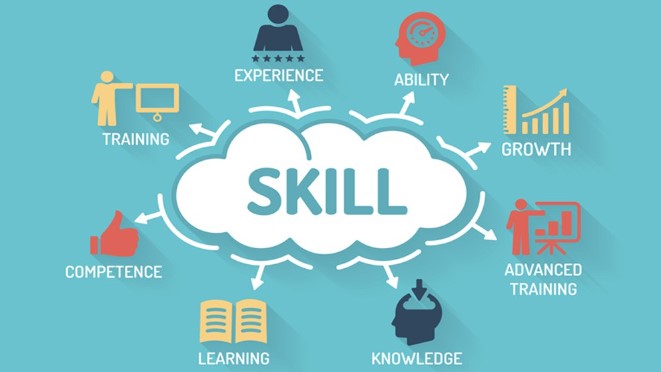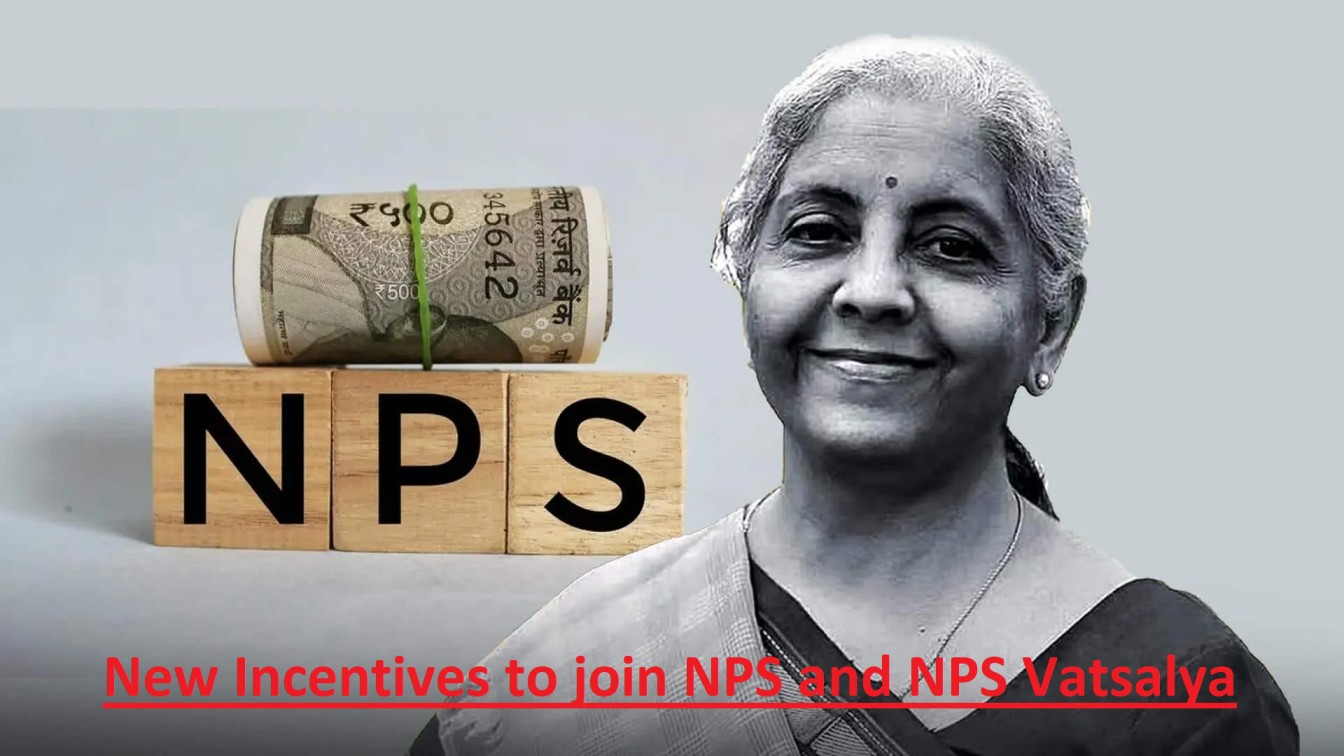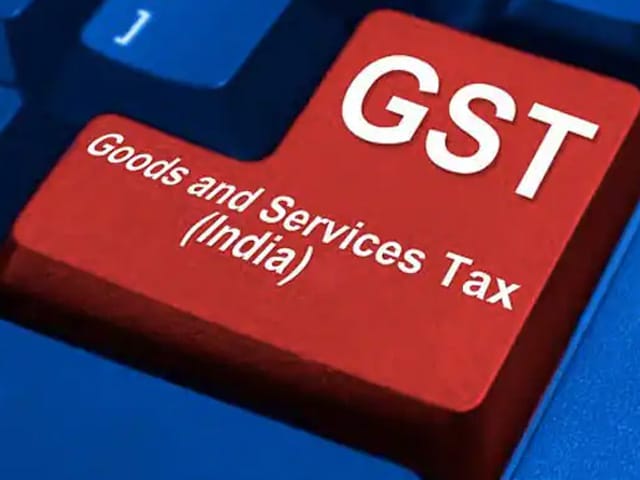
Raising the standard of skills development
- January 11, 2025
- 0
India has a huge number of young people who want to acquire qualifications that will enable them to earn well and progress professionally. On the other hand, many employers say they cannot find enough qualified people.
It is not that our youth does not want to acquire skills but they do not have enough opportunity for it. More efforts will have to be made to overcome this deficiency.
The gap between demand and supply for relevant competence that has been there for the last few decades still persists, and young India is unable to achieve its desired potential.
Enrolment in degree courses in colleges has increased, but evaluation reports point to poor quality education resulting in low employability. A young person who wants to become a nurse, paramedic, crane driver, car mechanic, or work in tourism or media content on any other skilled job carrier may find a private training college they can identify, but it is prohibitively expensive.
There is an urgent need to simplify, streamline and reimagine this space that is wasting resources and efforts.
Skills or vocational training is about education that educates (provides some rigorous and formal teaching and training) young people to acquire some competence that will equip them for a profession (a “path”) along which they can earn and move forward sustainably.
The best way is to offer high-quality vocational courses alongside general courses in colleges or replace non-value-added general courses with vocationally specific courses, making them the new “mainstream”.
Can we focus on the all-round development of human beings to help them lead more informed lives? Everyone needs to learn about artificial intelligence, cyberspace, climate change and literature, along with a brief introduction to history, geography, science, civics. This is where the entire college system architecture needs to be reimagined.
Perhaps the answer is a network of specialized vocational colleges, or incorporating vocational courses in all existing colleges so that they can be seen as real alternatives to general undergraduate degrees. The government must increase vocational education courses in government colleges and encourage new private colleges or force existing colleges to offer these courses at a fixed price through subsidy.
👇 Please Note 👇
Thank you for reading our article!
If you don’t received industries updates, News & our daily articles
please Whatsapp your Wapp No. or V Card on 8278298592, your number will be added in our broadcasting list.


































































